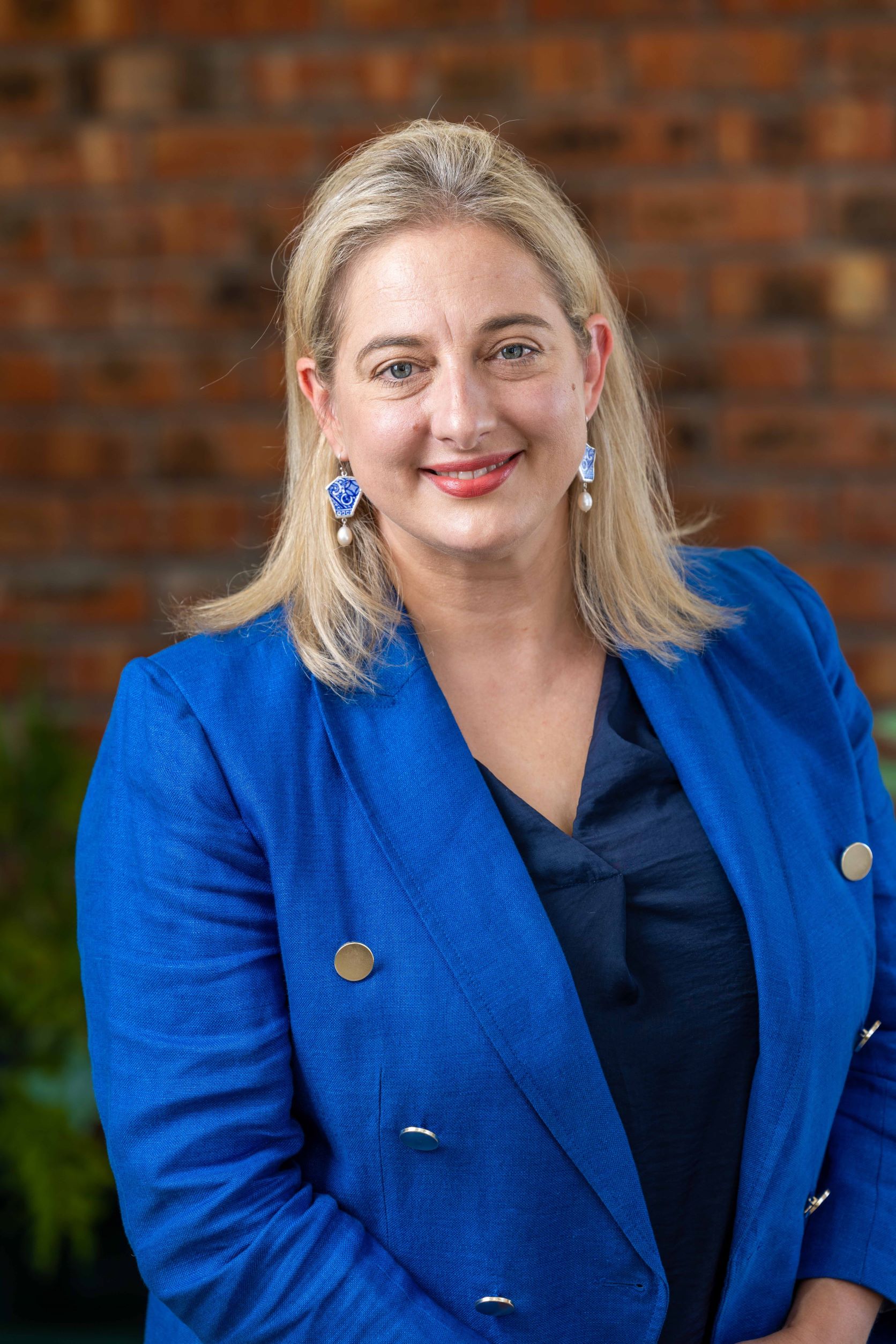By Alex Fraser,
Recent articles on fund-raising activities in Africa paint the picture that capital is abundant and readily available. The first seven weeks of this year have seen continued high investment levels, with start-ups raising over $1 billion through 130 deals. This creates incredible optimism for many, signalling a new investment era for businesses across the African continent.
While the continental boom is positive for high-growth start-ups, this does not translate into an abundance of capital for the majority of entrepreneurs in South Africa. Despite popular belief and owing to the overuse and incorrect use of the term ‘start-up’, most entrepreneurs are not building truly scalable, innovation-driven, high-growth ventures. They are building SMMEs.
Although it might not be seen as sexy to build a small- or medium-sized enterprise, we need to recognise that not only are SMMEs vital to our economy, but they can become successful sustainable businesses. Not everyone wants to give up control of their business, take on risk, grow for growth’s sake or constantly innovate. And that is okay.
READ MORE: Africa Investment Forum Virtual boardrooms attract $32.8 billion in investment interest
If you are an SMME or working with SMMEs, how do you avoid getting caught up in the jargon? How do you paint a realistic picture of the financing landscape for South African entrepreneurs? How do we get entrepreneurs to focus on business fundamentals such as sales and acquiring customers, rather than pitching decks and applying for mismatched investment?
There are myriad financing opportunities for entrepreneurs. Depending on the stage of a business and its business model, it is critical that entrepreneurs understand the terrain is vast. From government grants and equity options to loan solutions tailored specifically for SMMEs, business owners need to investigate all the possibilities beyond the venture capital (VC) and the current ‘angel’ narrative.
READ MORE: Equatorial Guinea: #InvestInEGEnergy Continues to Gather Momentum
Yoco Capital is a great example of the array of innovative finance products available to SMMEs. The business model was born out of Yoco’s understanding of its customers; SMMEs that require working capital to make it possible to borrow capital based on their trading history, repayable as a percentage of future revenues.
With an ever-changing landscape of solutions, it is difficult to stay up to date and help entrepreneurs navigate this space.
As a community, we need to have some real discussions about what it means to take on an equity partner; the financial and sometimes personal responsibility of debt; and the societal pressures of fund-raising as one of the few measures of success.
This is where we need to learn from one another. Experience and lessons learnt from more established business owners can provide relevant, practical advice to those just starting their business journey.
Building a business is really hard. You don’t understand just how tough until you have done it yourself.
Let’s make it as easy as possible for new entrepreneurs and not glorify just one type of business. Let us be real about financing and what it takes to build a sustainable SMME.
***Alex Fraser is the director and founder of Viridian, a consultancy that works with development agencies, government departments and corporates to design and deliver programmes that catalyse African entrepreneurial ecosystems.***
About Viridian/Launch League
Over the past two years, Viridian has worked with the UK-South Africa Tech Hub to build capacity and connections among South African entrepreneurship hubs through the Launch League Initiative. Launch League – entirely funded by the British High Commission – offers training, networking opportunities, and open licence resources for South Africa’s entrepreneur support network.
Viridian has developed a new open licence toolkit for hubs and entrepreneur support organisations to leverage: the Launch League Let’s Talk Financing programme toolkit. It consists of a set of resources for hubs to facilitate a workshop or conversation that guides entrepreneurs through a step-by-step process. It enables them to really understand what kind of business they are building, their stage of growth, and their risk appetite. This allows entrepreneurs to make informed choices about the funding they need for their businesses.
READ MORE: Equatorial Guinea: Proparco Development Finance Institution visits Dreams Hub
The UK-South Africa Tech Hub forms part of the International Tech Hub network delivered by the Department for Digital, Culture, Media and Sport (DCMS), under a UK Government initiative designed to promote digital inclusion and inclusive growth of the digital ecosystems in partner countries. The International Tech Hubs are expert teams that work to stimulate local digital economies, build high-end digital skills, and forge innovation partnerships between local tech sectors and international businesses. Alongside South Africa, hubs have been announced for Nigeria, Kenya, India, Indonesia and Brazil. Through these hub activities, entrepreneurs and founders acquire the skills, resources and support needed to turbocharge their entrepreneurial journey.
The views and opinions expressed in this article are those of the author’s and do not necessarily reflect those of Africanian News.









